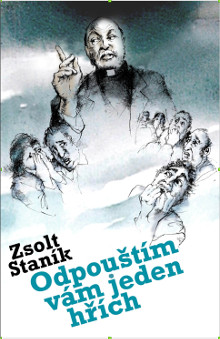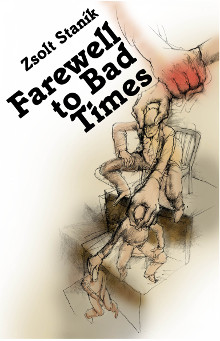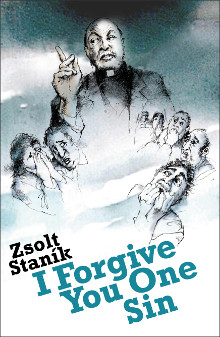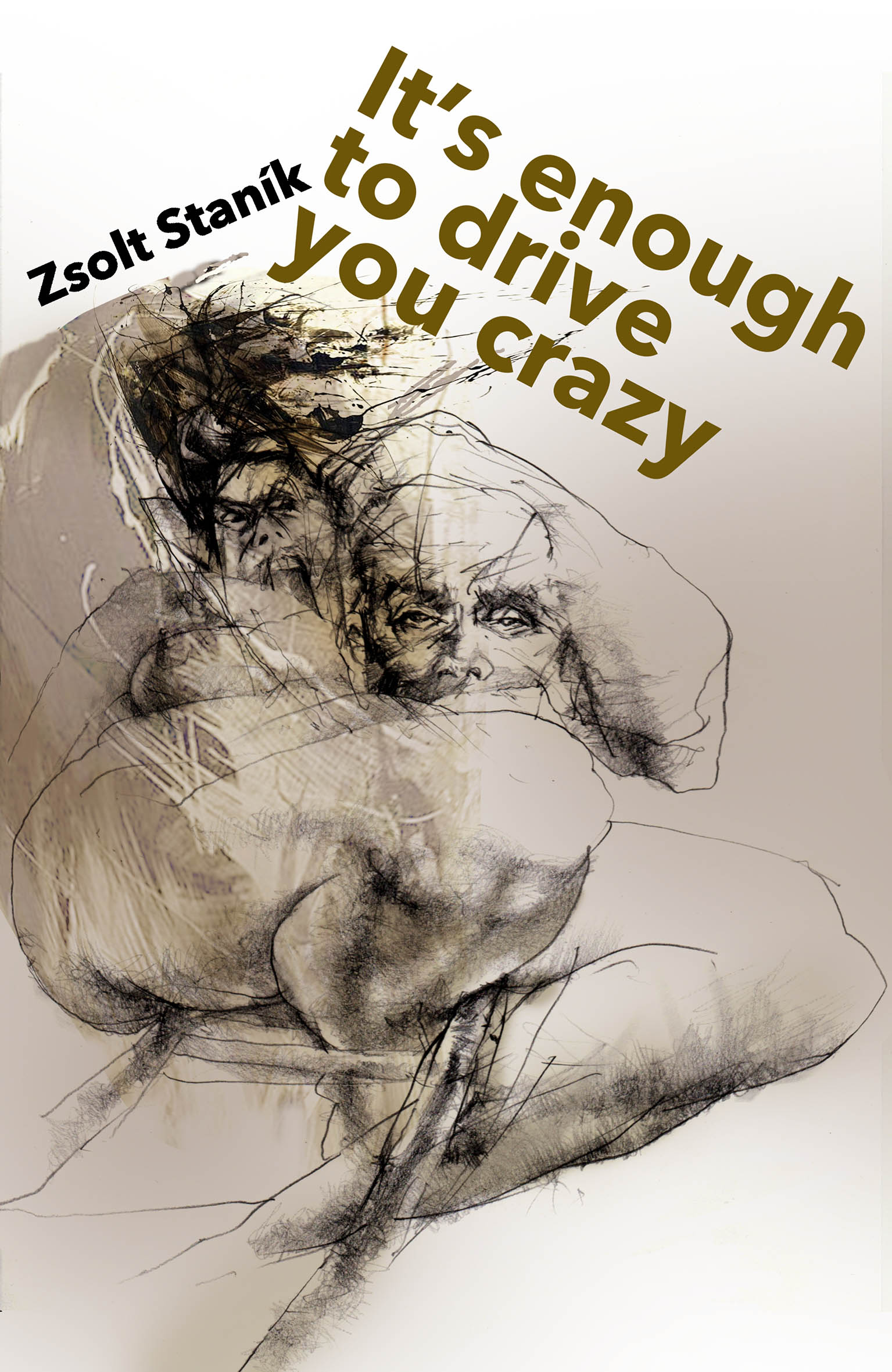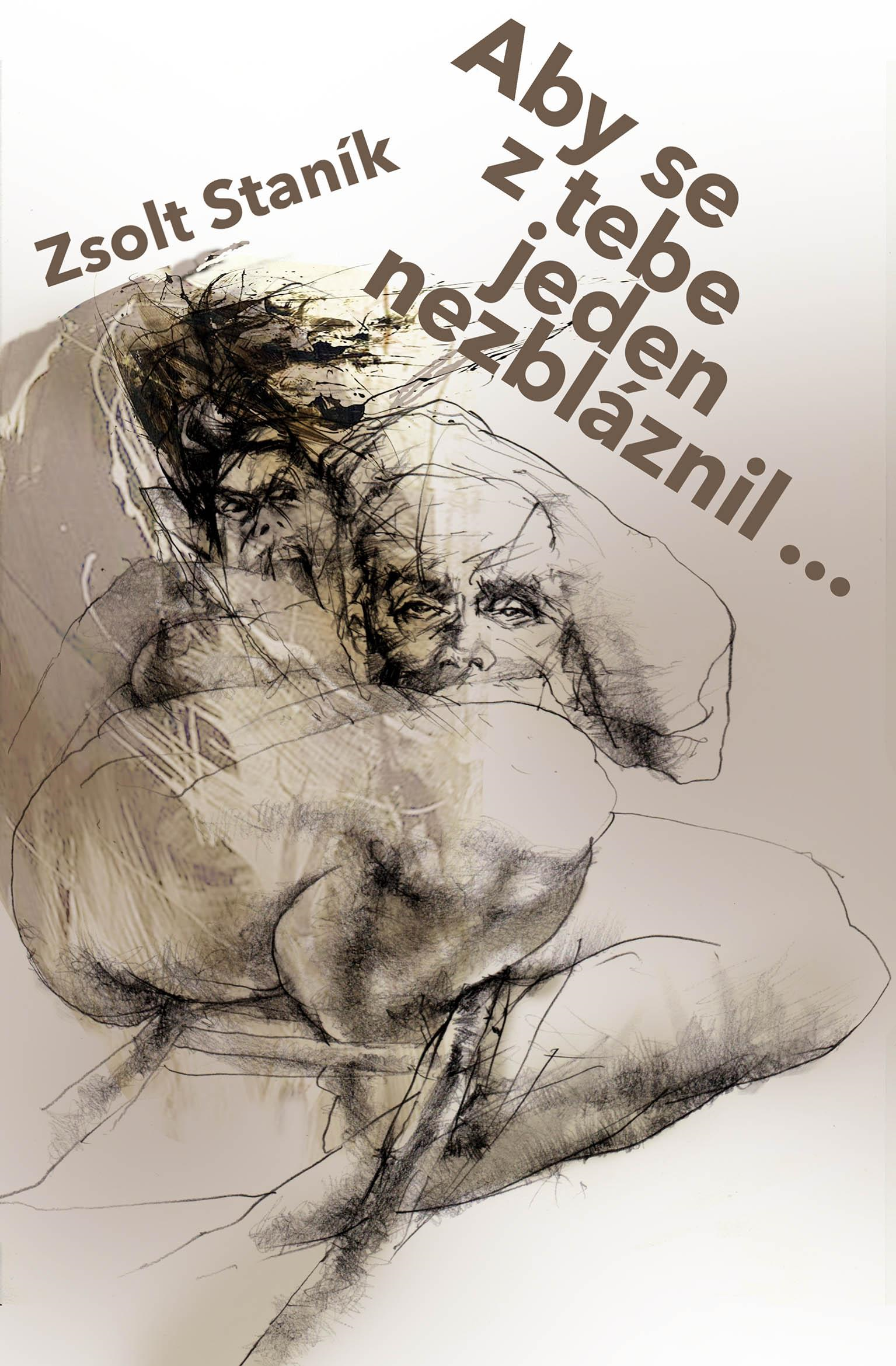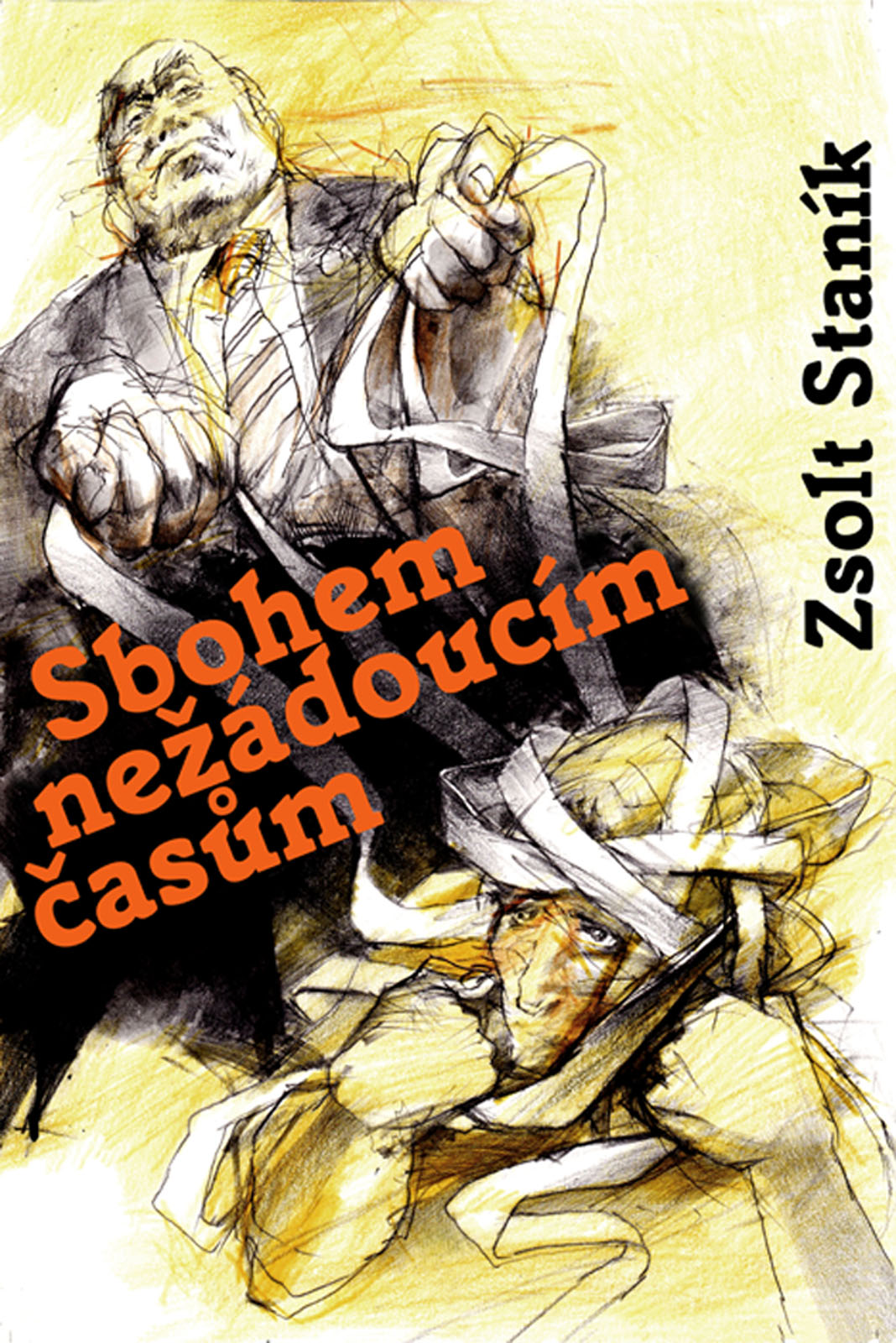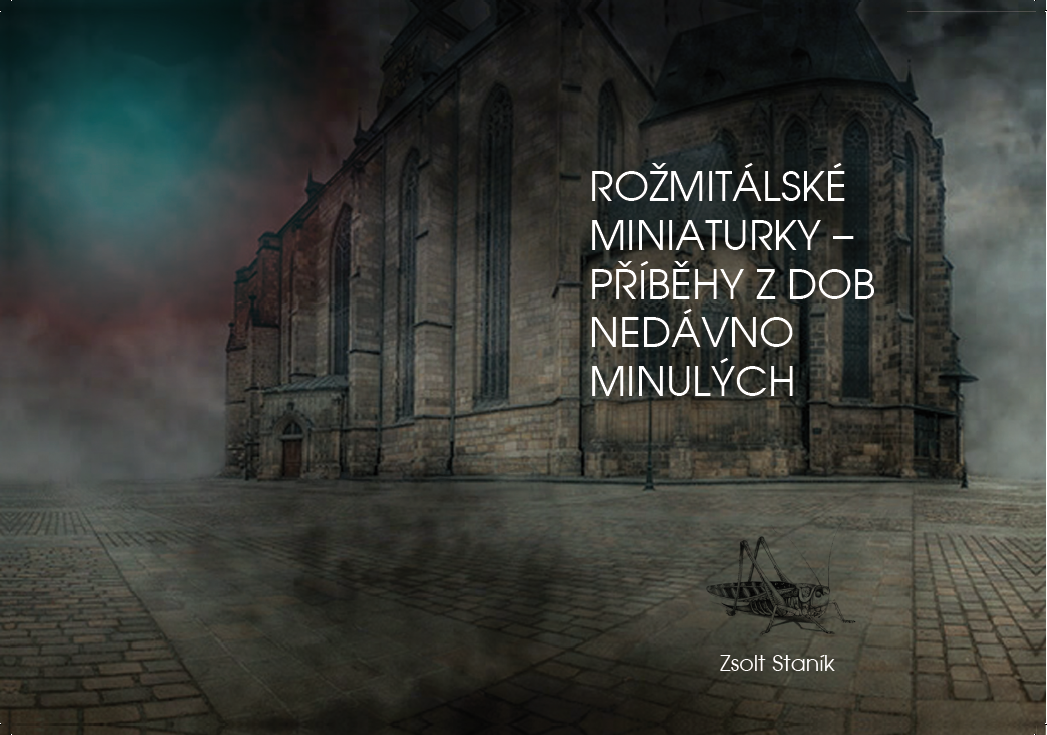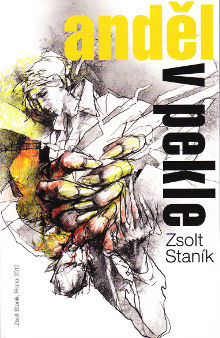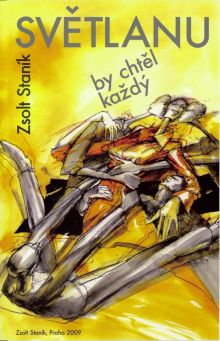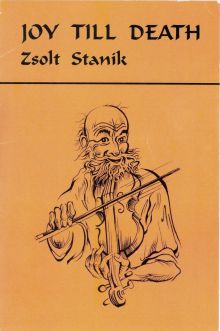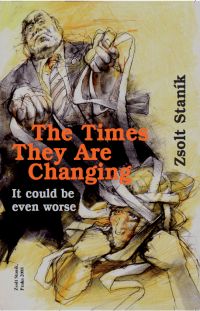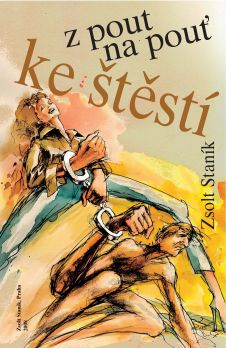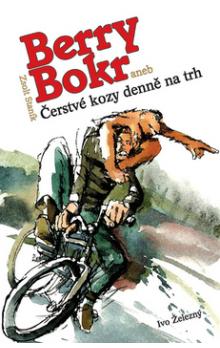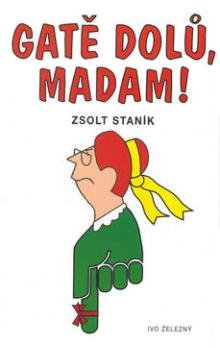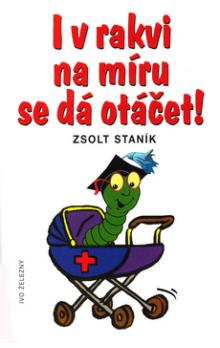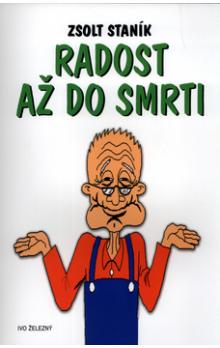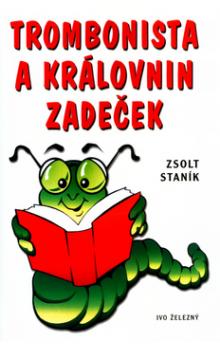An Angel in Hell

| Title: | An Angel in Hell |
| Author: | Zsolt StanĂk |
| Cover: | Fastprint Publishing |
| Editor: | Susan Cohen-Unger |
| Graphical layout and typeset: | Fastprint Publishing |
| Publisher: | Fastprint Publishing, Peterborough, England |
| Language: | English |
| First published: | 2010 |
| ISBN: | 978-184426-759-0 |
| 174 pages (printed edition) | |
| Price | See purchase |
| >> purchase | |
About the book
Following a good response to his first book in English titled Humour at its Best, Zsolt StanĂk is now publishing a second one under the title An Angel in Hell. It contains 17 mostly funny stories some of which are based on the author´s own life experiences. These include The Village Barber, Rabbit on Toast, The Balloon Clown, Dandelions on Snow, Sharing Jolanka. Miss Tick’s Confession is an effort to explain the feelings of this hated and feared little insect and its relationship with the outside world.
Other stories are pure fantasy, often in the absurd world. Such is the Theatre for One Spectator, Work was something he did not want to do, the more extensive Hollywood Contemplations and an intimate insight into the bygone world of Eastern Europe, Everyone yearns for Svetlana.
Hollywood Contemplations convinces the reader that old age need not be a sad period in people´s lives, that humorous situations may make the life of elderly people funny, laughable and exciting. In this story, the crazy dream of one retired man will, with the help of a group of friends, turn into a fictitious episode on shooting a successful movie in which each member of the group plays an important role.
Everyone yearns for Svetlana is a story of marital and extramarital relations. It presents a man of two faces who successfully pretends a comfortable and serene married life and at the same time leads an intimate life with his lover. The story ends with a twist.
An Angel in Hell is a very special story. Betty, the heroine, could easily serve as a model of someone who, in post-war Britain, struggles and overcomes the adversities of life affecting family, employment, health, luck and children, to be finally reconciled with a world which turns out not to be so evil after all.
Below find please 2 extracts from the book:
(From the story The Village Barber – A Personality of Yesteryear)
Mr. Hronek sank into the chair and said but one word: “Shave”. And so Buda did. To do so, he had to stand on tiptoe. (Cutting the hair of this giant of a man was always much more difficult because Buda had to stand on a stool). The well-lathered tractor driver had to wait a while for the wiry beard to soften. Mr Buda took time off to sharpen the razor on the strap. The chair was very old and the seat was no match for the steel construction. Looking down one could see through the springs right down to the floor. No pleasant experience.
Mr. Buda took up his dangerous weapon and began to draw the lather from the man’s face. The beard had softened. “The area is much bigger than with smaller men — for the same money,” thought the barber but went on with his work. He had just reached the ear lobe and was fully concentrating on what he was doing when Mr. Hronek jumped up from the chair screaming as if he had been shot. Mr. Buda, stunned, cut off a piece of the man’s earlobe. A pool of blood was all the other customers could see. Luckily, he had not been holding the razor close to his neck. Mr. Buda dared not contemplate what could have happened. The giant was vulnerable and the roar was that of a wounded bear. This was not his only pain. To the one before the incident was the result of remarkable circumstances. It sometimes happens that a combination of unrelated circumstances can lead to tragicomical situations. In fact, there were not many factors involved. Let’s try to list them: an old chair with holes, Mr. Hronek’s overalls torn at the crotch. We cannot forget Micinka, Mr. Buda’s kitten, usually well-behaved and sitting quietly in the corner of the room. And, of course, not the force of gravity. Without that, the testicles of the tractor driver would not have hung through the holes around the springs down to the ground.
Micinka was a very playful kitten. “No I don’t care at all that this time it is not a mouse and that it is much bigger,” thought the kitten. At this most precarious moment, the family pet had decided to move and jump up and claw the testicles of the giant tractor driver.
(From the story An Angel in Hell – Betty, the story)
War has always been a dirty business. Sad and horrific. And yet in some rare instances it has helped people to untie their hands, free them from their worries in a manner which — for some time at least — allowed them to enjoy a good life.
Such was the story of Mrs Edie Baine, a beautiful young widow who, at the age of 26, was the mother of five. She had loved the conception. Five times with the same man. No, sorry, six times. She was pregnant with daughter Betty when the father died. And Ed, the youngest, was only nine months old.
Caring for her brood was not her strongest point. She accepted the chores as something she hated but had to do. She somehow failed to reciprocate the love her children showed. She was, alas, only a well functioning reproduction machine with a beautiful body.
Glasgow, where she lived with her large family, was not easy for her. A general shortage of money and no future. Sad. And war was on the doorstep. Any help she had been getting from her friends ceased with the fear of the oncoming war. People stopped caring for others and stored food only for themselves and their own families; for bad times, a normal instinct for self-preservation. She would have done the same had it not been for lack of money. She had never thought about a decent life for her kids and she only cared about herself — that is for her looks. She struggled and thought of selling her body if the worst came to the worst. Being pregnant, this was not possible. Maybe after Betty´s birth, she thought.
All of the sudden, a heavenly messenger turned up to rescue her. It is difficult to believe, as it seems to be crude black humour — rescue in the form of war. An unexpected and unbelievable war, dreaded by one and all, saved her children´s lives. “Whatever happens, may the good Lord help me,” she prayed. And God was there to help her. The authorities issued a decree under which all children above the age of six months were to be sent to families outside the big cities. Many families accepted these children and were happy to look after them. Many widows and elderly women with grown-up children enjoyed their new families, which made them feel young again. Edie immediately gave up all five of her six children and could not wait for Betty to reach six months. She then simply added her to her siblings, who lived with two good families in the Scottish countryside.
The state provided her with child benefits, a nice lump of money to keep her children. She never even thought of giving the money to the foster-parents and they never asked for it. One couple could not have children of their own, the other had grown-up children and both hoped that she would let the children stay with them even after the end of the war. And that possibly they would be able to adopt them. For this reason, they did not want to aggravate Edie by asking her for money. They believed that so much cash would allow her to lead a comfortable life and were glad she did not come too often to visit.
They had no idea how close to the truth they were. Edie did not miss her children and she did not even come to visit. The moment she handed her children to the foster-parents, she became a lovely lady, with no ties and no permanent relationships. Men longed for her. She could flirt and enjoy life. Her child benefit sufficed for clothing, make up and a good time. Food did not worry her. She wanted to stay slim so she ate modestly. The rest was provided by the men who swarmed around her. And in war times wooers are never in short supply — young and old, far away from their own families, divorced, single, widowers, they all fitted in her daily routine. All they had to do was to pay her cheques. Young officers loved to show off with her and she repaid them in kind. Make no mistake — outer appearances were that of a lady. In bed she was unscrupulous — a beast. And they loved it. All of them, both English and Scottish. Soon she desired more and longed for other practices and new company; also other uniforms — Canadian, Australian. She shone with beauty and happiness. However,…
